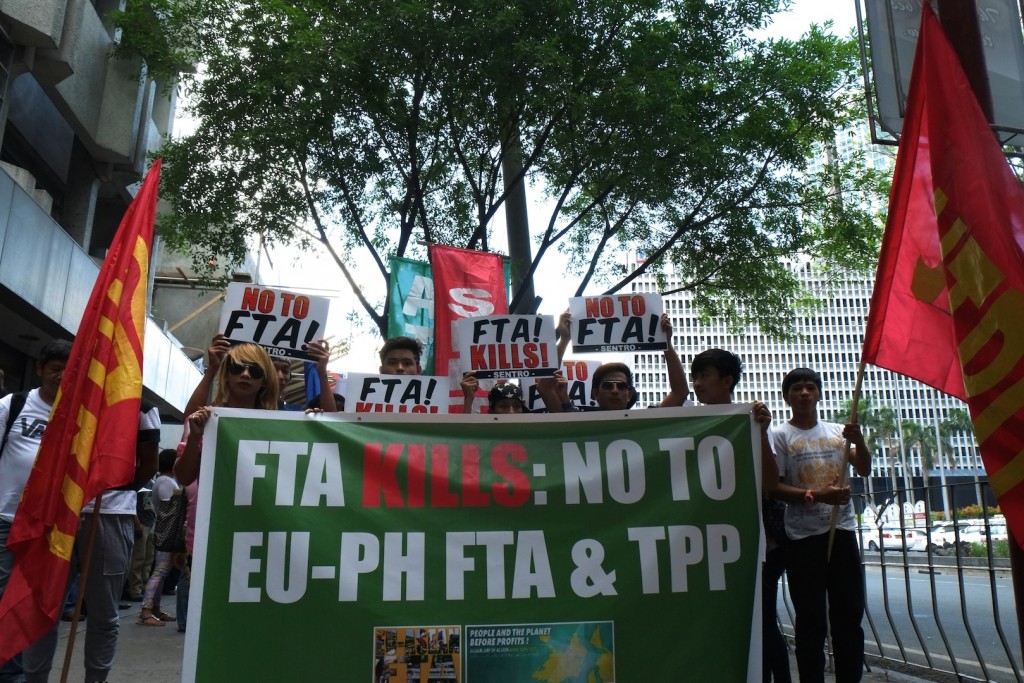FTA talks with EU expected in early 2017
Business World | 13 December 2016
FTA talks with EU expected in early 2017
by Roy Stephen C. Canivel
Walter van Hattum, head of the economic and trade Section at European Union’s delegation in Manila, told reporters last week that both sides of the negotiating table remain committed to the FTA in spite of the delay.
“We had the first round in May this year. So we are working closely with colleagues from the Department of Trade and Industry (DTI) for the follow-up on that round,” he said on the sidelines of a business forum on Dec. 8.
“There are a lot logistical issues with these kinds of things. Because these are serious meetings, we need to have colleagues from both sides to be available.”
The second round for negotiations was initially scheduled for this month before being pushed to the first quarter of next year.
On the part of the Philippines, DTI Secretary Ramon M. Lopez said in a text message that the delay was just a matter of “scheduling.”
At the end of 2015, the European Commission said in a statement that the bilateral talks are intended to lead to an FTA that covers a broad range of issues, including elimination of customs duties and other barriers to trade, services and investment, access to public procurement markets, as well as additional progress in the areas of competition and protection of intellectual property rights.
The EU is in the process of negotiating bilateral agreements with other members of the Association of South East Asian Nations. It concluded an FTA with Singapore in 2014 and Vietnam last year.
Mr. van Hattum said that the agreement would aim to top the benefits that the Philippines is currently enjoying under the EU Generalized System of Preferences Plus (GSP+), which has allowed the tariff-free export of over 6,000 local products to that economic bloc since December 2014.
While both GSP+ and the FTA cover the trade in goods to various extents, the latter would lay down rules for the trade in services that could eventually lead to more EU firms investing in the country’s information technology and business process outsourcing industry, which is currently dominated by US firms.
“In an FTA, we cover for 100% ideally. Plus, we cover a lot of other issues while GSP+ is just trade and goods.
“The Philippines is doing great in trade and services. I think about your BPO industry. An FTA is going to help you attract more formalized investments because companies would want to establish in the country easier with an FTA. You would cover procurement rules and competition policies. There is a lot more in an FTA,” he added.
The Philippines is required to comply with 27 core international conventions that cover human and labor rights, environmental protection and good governance.






